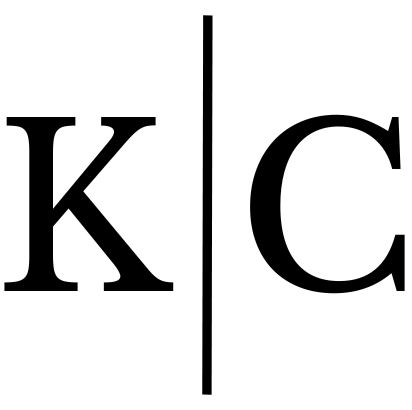The 5 Ways to Make Money in the New World of Retail
Commerce is changing quickly, increasingly dominated by the Internet, social media, and mobile devices. JPMorgan Chase predicted at the beginning of 2011 that global e-commerce sales would reach $680B this year. Although online sales are still less than 10% of total retail revenue, online experiences and social media engagements are dominating consumers' decision-making processes. With this major shift in play, retailers need to clearly understand their market position and their value prop to consumers. Below are the 5 succinct ways that I see retailers building scalable, profitable businesses.
Be a distribution king (Amazon/Walmart).
This is an important category, but one that few can play in. If consumers can get the same product cheaper and faster from Amazon, there is little reason to buy from another site. Even in-store shoppers are scanning barcodes and price-checking in the isles now. Diapers.com (aka Quidsi, now owned by Amazon) is a great example of a distribution play that was successful. But they had a tremendous focus on operations and customer service. Few startups or even large retailers can compete on this field alone.
Provide a product or brand that people lust for (Apple/LVMH).
There is a reason why the iPad 2 sold out (besides the fact that Apple purposely produced too few to create exclusivity). People drool when they see it. If you have a product or a brand that people absolutely love, they'll go out of their way to buy your products or shop at your store. You do not have to ship faster and cheaper if nobody can beat your product or brand recognition.
Provide a great customer experience (Zappos).
Zappos fought on very competitive turf (online shoe sales), but was wildly successful based on customer service. To Zappos (and Tony Hsieh), customer service was not just a bullet point on a website. It was the true lifeblood of the company. Just like Diapers.com, Zappos was swallowed up by Amazon (there seems to be a pattern). But the point was well-proven: customer experience matters and retailers should think about it deeply. The best retailers are always thinking about creative ways to improve customer experiences and empower their workers. Sometimes you have to give a little in the short-run to make major gains over time.
Innovate on business models (Gilt/Groupon).
Flash sales and group buying sites are showing that business model innovations can be profitable as well. Many of these are creative, well-executed revivals of old ideas. But the growth can be phenomenal. The key here is to have a great idea, move fast, and swiftly build up market share. Being Groupon is a good thing. Being Groupon clone #57 might not be. While Groupon is not exactly a retailer, I have included it here because it is a key example of how tying online and offline behaviors can produce success. That is a prime area for growth in coming years.
Provide raw convenience (Starbucks/Duane Reade).
Starbucks fits into a few other categories as well (product and customer experience), but my point is that they are on almost every street corner. It is always convenient to find Starbucks coffee. Many retailers focus on convenience alone (corner stores, shops in tourist locations, fast food restaurants, etc.). As they say, location, location, location. Having a sunglass shop in the right spot can turn a good business into a great business. But to truly scale you need to mix in product loyalty or customer service as well.
There are many aspects to retail, which is why it is a fascinating industry. Yet I believe that these 5 points can form the basis of all successful and scalable retail operations. As the world continues to change and customer engagement evolves, there will be increasing divides between the distribution kings and the retailers that focus on product and customer experience. Especially when it comes to e-commerce, you can either ship it faster and cheaper, sell a product that nobody else has, or provide a great customer experience that keeps people coming back.
[Disclosure - My company, Seamless Receipts, serves retailers that focus on products and customer experience]

